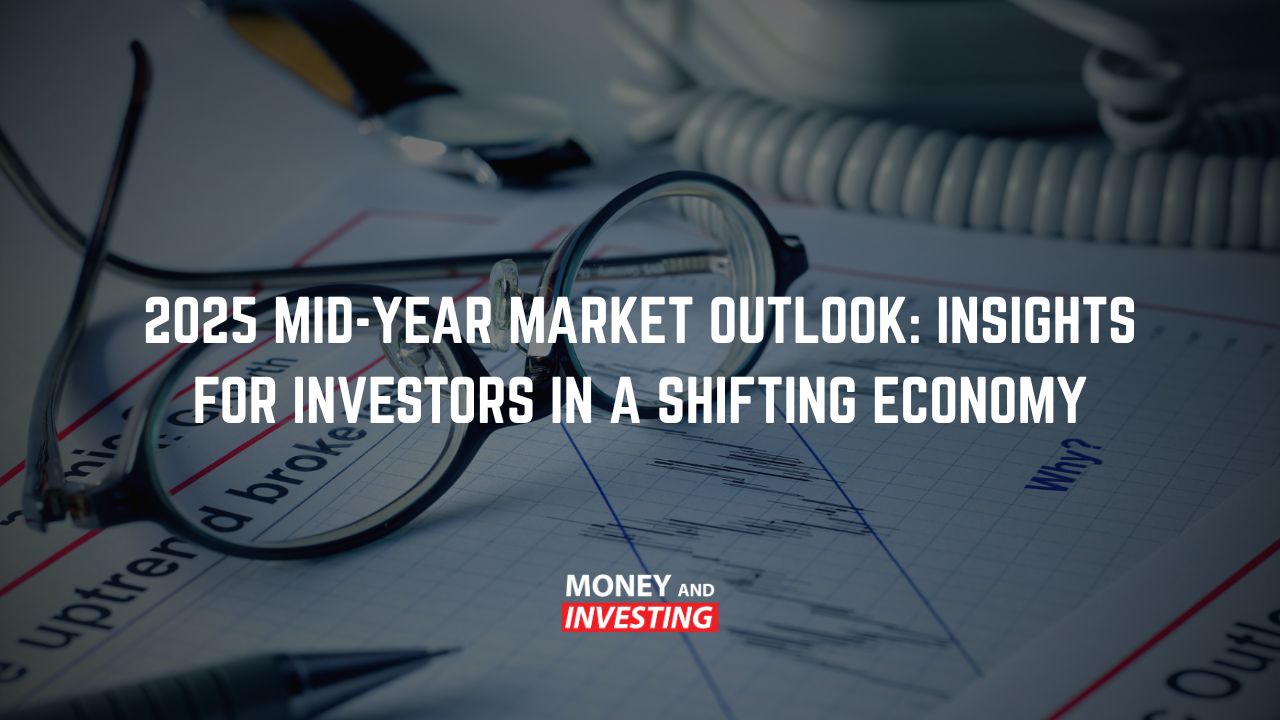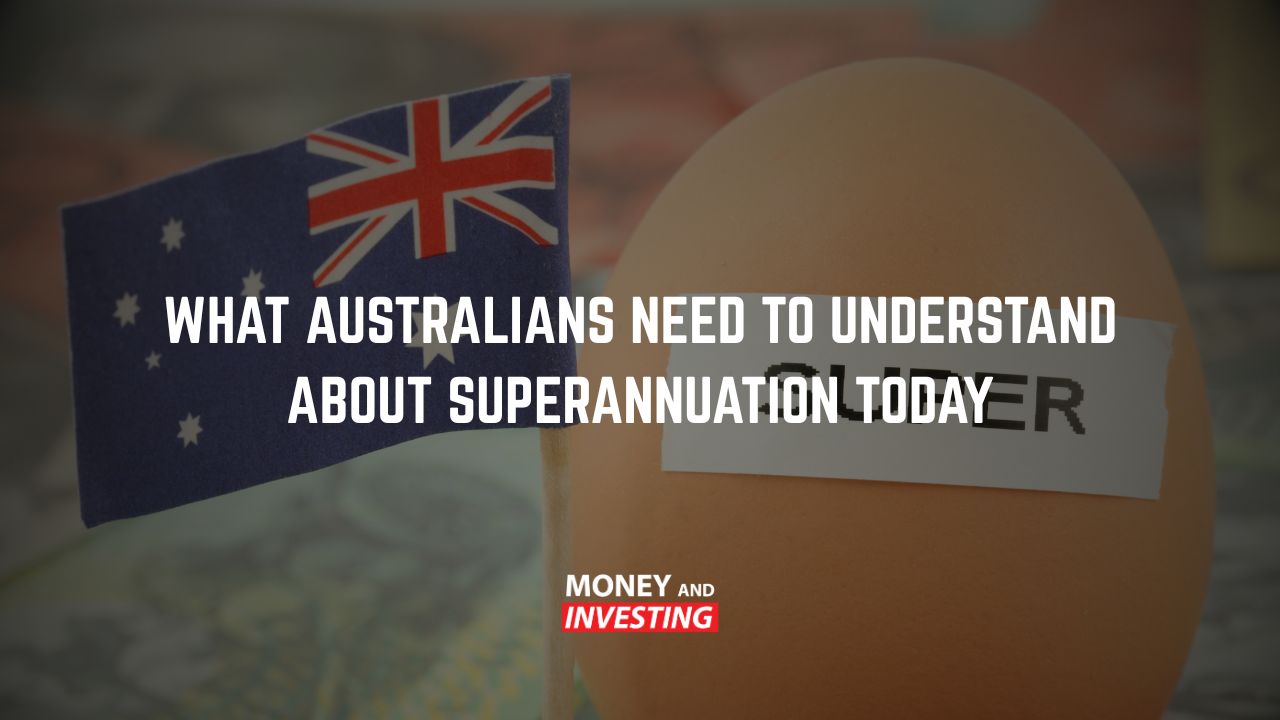Socially responsible investing (SRI) is a growing trend in the market. As investors direct their cash more towards environmentally and socially friendly companies. Here’s why you should be keeping a close eye on the new wave of SRI:
What is SRI?
Socially Responsible Investing is essentially cause-based investing where the ethos of the investor is more orientated towards sustainability and renewability. Andrew Baxter exclaims – this is a very defiant sector and is really the antithesis of a lot of sectors. Funnily enough, almost $1.25T USD has been funneled into SRI investments since 2007 which indicates this is a very growing industry and as we will discuss later on – one that is certainly performing beyond expectations.
Paradigm shifts in history
Taking a look back at the archives on the kinds of investments we have mostly seen throughout history. The majority of these companies making the largest profits despite their carbon and environmental footprint. Host Andrew Baxter remembers the kind of chat that went on in the early 90’s on his London City Trading Floor for the ONLY unit trust that invested in eco-friendly businesses, being only for ‘tofu munching greenies.
As we are sure you are probably well aware, a lot has changed since then with respect to investor’s attitudes towards these kinds of businesses – a paradigm shift in history. Now, SRI is a mainstream trend that many investors are acting on. Making it one of the fastest-growing shifts in market attitudes in recent history.
Socially responsible investing examples
Before we jump into some SRI investment examples, let’s first talk about what SRI isn’t, for example – investors who are more socially orientated may decide to have a predisposition to stocks in the coal mining space, military equipment production sector, the tobacco industry or companies who are in betting and gambling. As we know, with the change in social values over time, investors are aiming their investments more towards companies like Beyond Meat, Tesla or ETF’s that invest and hold a basket of SRI stocks like TAN – the solar energy fund.
What do these companies all have in common you ask? They all promote the use of renewable and sustainable energy in order to preserve the environment. To no surprise, eco-friendly stocks like TSLA are up somewhat 1000% this year, TAN has risen nearly 300% over the past 12 months and Beyond Meat has been one of the best performing stocks on the S&P500. Coincidence? We think not!
SRI Index vs. The US broader market index
In 1994 we saw the inception of the SRI index – a list of stocks compiled that were all ‘SRI certified’ given they were promoting renewable energy or offered cause-based investments. Comparing this to the US broader market index, the S&P500 (which has had a cracking run in the last 10 years), the SRI index has outperformed since inception in 1994 and even more so recently in the last 5 years. In simple terms – SRI stocks do better than normal stocks. Wild, right?
The reason for this – more and more investors are shying away from companies who have a negative impact on the environment. This has caused the buying and therefore the rise in SRI companies, and thus the sell and fall of dogmatic, socially irresponsible companies on the other side of the coin.
How to gain exposure to SRI stocks
As the mainstream, done thing – many investors find themselves stuck on how to invest their money into SRI stocks. Host Andrew Baxter recommends kicking it off with something more general like an ETF – for example. TAN which holds solar stocks or LIT with holds lithium energy stocks. This will give you exposure to a particular sector that is ‘SRI certified’ without having the stress.
#For someone more advanced who is competent in their technical and fundamental analysis. You may opt to select a niche of stocks that you have a particularly bullish outlook on in this space. We call this the litmus test of relevancy. It is something Andrew teaches through Australian Investment Education to ensure you have exposure to the best performing sectors.



